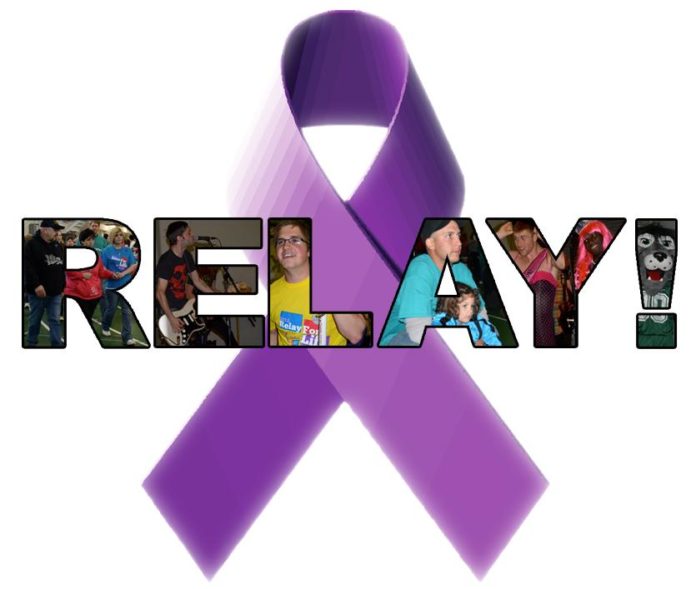“Cancer is the best, worst thing that’s ever happened to me.”
Looking back, SRU English professor Dr. Myra Balok had these words to say about her battle with uterine cancer five years ago.
“When you get that call it already sounds like you’re in the grave,” Balok said. “My doctor sounded like she was going to cry and I said, ‘It’s only cancer, we can get through this!’ Things don’t get me down too easily.”
Balok said the hardest part at the time was telling her husband when she got the news.
“After I told him I was okay,” she said. “It was difficult for me to tell my family members.”
Balok was worried for her daughter’s health since the cancer was potentially hereditary.
Balok was diagnosed with the cancer in August of 2008, right around the time that fall classes at SRU were expected to start that year.
“I went into surgery when school started,” she said. “So I had to have other professors cover my classes for me. I was out for weeks.”
Though the time of her diagnosis was not convenient, she said, Balok had faith she would be able to recover quickly.
After her diagnosis, Balok was receiving a new kind of radiation therapy at the time in Pittsburgh, one of the only hospitals that offered the therapy.
Balok said she recalls feeling very fatigued as a side effect of the radiation therapy.
“I had told my technician Bob that I was feeling exhausted and I asked him why,” she said. “He told me, ‘You’re only assaulting your DNA.’”
One thing Balok learned through her treatment was that everyone has cancer cells in their bodies and they are almost impossible to avoid. Foods containing mercury and other dangerous elements, like certain kinds of fish, are some of the worst things for your body, she said.
“If we behave ourselves we can go all of our lives without having those cells turn into cancer,” Balok said.
During Balok’s surgery she had her uterus, ovaries, and cancerous lymph nodes removed. She was fortunate that the cancer was detected early and they were able to remove it in time, she said.
Once Balok had returned home after her surgery, a home nurse visited her frequently for check-ups and to make sure she was doing well. The nurse took care of other patients with cancer, but Balok said she would never forget what she told her one day.
“She told me, ‘I can tell you who’s going to survive and who’s not,’” Balok said. “ ‘And it’s not based on their medical records, it’s based on your attitude.’”
Balok agreed with her nurse believing that attitude was everything in your road to recovery. If you believe that you will get better and work towards that, chances are you will get better, she said.
Balok apologized as she began to tear up, reminiscing what it was that truly helped to keep her alive.
“The people around me are so important to me,” she said. “They are the ones that helped me through.”
After Balok’s battle with her cancer, she said she began to look at things differently.
“I never let fear stop me again,” she said. “I changed how I spent my money and my time. I wasn’t foolish with how I spent it, but I was more generous in dealing it out.”
Balok said she strongly urges any woman over 30 to see their doctors for routine check-ups and examinations.
“Do you want to know how to prepare for a mammogram?” Balok asked. “They say you should slam your boob in the refrigerator door. They’re pretty painful. You can tell a man invented that creation,” she joked. “But seriously, if you’re over 30 and you’re not looking at this, you’re a fool! These tests can save your life!”
Balok said most would respond to such news with, “Why us? Why me?”
“Why not?” she said. “It can happen to anyone. When I was diagnosed I thought to myself, ‘God was either God or He wasn’t.’ Since then my faith has only grown stronger.”
As a five year survivor, Balok will be one of the speakers at this year’s Relay for Life. As she laments on her journey she says she is grateful.
“I love life,” Balok said. “And I’m happy to still be here. It’s important to always remember that you are not alone.”








